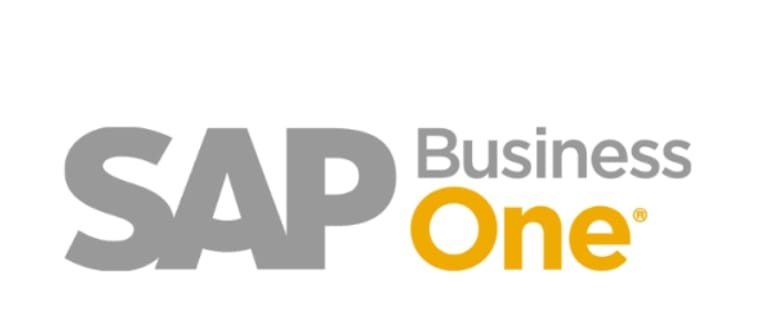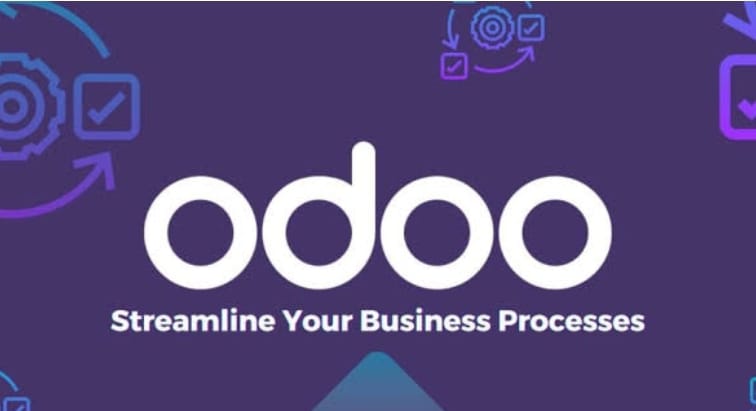What is SAP Business One?
SAP Business One is an enterprise resource planning (ERP) software designed specifically for small and medium-sized businesses (SMBs). It helps organizations manage core business functions such as finance, accounting, sales, inventory, purchasing, customer relationship management (CRM), and operations in a single integrated system.
With real-time data analytics, automation, and scalability, SAP Business One enables businesses to streamline processes, improve efficiency, and gain better insights into their operations. It supports on-premise and cloud deployment, integrates with third-party applications, and offers industry-specific solutions to cater to diverse business needs.
Why Choose SAP Business One?
- Comprehensive Business Management
It offers a single platform to manage various aspects of your business, including accounting, sales, inventory, customer relationships, and operations. This centralized approach simplifies management and ensures seamless communication across departments.
- Streamlined Operations
SAP Business One automates routine tasks like inventory management, accounting, and order processing, which reduces human error, saves time, and increases efficiency.
- Integration with Other Systems
SAP Business One seamlessly integrates with other business applications and third-party solutions, enabling you to streamline workflows and manage all business processes from one unified system.
Why SAP Business One is better than its competitors?
SAP Business One positions itself as a comprehensive, scalable, and industry-specific ERP solution designed specifically for small and medium-sized businesses (SMBs). Unlike its competitors, SAP Business One combines enterprise-grade capabilities with affordability, making it accessible to growing businesses that require automation, real-time insights, and process integration. It differentiates itself through robust financial management, inventory control, and customer relationship management (CRM) tools, allowing businesses to operate efficiently within a single, unified platform.
Compared to other ERP solutions like Odoo, NetSuite, and Microsoft Dynamics 365, SAP Business One offers strong localization features, compliance with industry regulations, and deep integration with SAP’s larger ecosystem.
Additionally, its flexible deployment options on-premise and cloud, allow businesses to scale as they grow. While competitors may focus on modularity or lower costs, SAP Business One prioritizes stability, security, and real-time analytics, making it an ideal choice for businesses looking for an ERP solution that bridges the gap between affordability and enterprise-level functionality.
German, English, French, Italian, Japanese, Korean, Dutch, Polish, Portuguese, Russian, Spanish, Swedish, Chinese, Hindi, Arabic, Bengali, Marathi, Bahasa Indonesia, Hebrew, Greek, Tamil, Kannada, Turkish, Punjabi, Telugu, Bosnian
SAP Business One is a comprehensive enterprise resource planning (ERP) software designed for small and medium-sized businesses (SMBs) to streamline operations, improve efficiency, and provide real-time business insights. It integrates finance, sales, customer relationship management (CRM), inventory, purchasing, manufacturing, and reporting into a single, unified system, enabling businesses to automate processes and make data-driven decisions.
SAP Business One offers flexible deployment options, including on-premise, cloud, and hybrid models, ensuring scalability as businesses grow. It provides multi-currency, multi-language, and localization support, making it suitable for global operations. The software also features real-time data analytics, automation tools, and customizable dashboards, allowing businesses to optimize their workflows and enhance productivity.
With its user-friendly interface, seamless integration with third-party applications, and compliance with industry standards, SAP Business One is an ideal solution for SMBs looking for a cost-effective yet powerful ERP system. Whether managing inventory, processing financial transactions, or tracking customer interactions, SAP Business One helps businesses achieve greater efficiency, transparency, and profitability.
1972
Walldorf, Germany
Reuven Agassi
SAP Business One is an integrated enterprise resource planning (ERP) solution designed specifically for small and medium-sized businesses (SMBs). It helps organizations streamline operations by integrating key business functions such as finance, accounting, inventory management, sales, procurement, customer relationship management (CRM), and reporting into a single, unified system.
With real-time analytics, automation, and scalability, SAP Business One enables businesses to improve efficiency, reduce manual tasks, and gain valuable insights for decision-making. Available in both on-premises and cloud-based deployment, it supports multi-currency, multi-language, and industry-specific solutions, making it a flexible and cost-effective ERP option for growing businesses.
How is SAP Business One licensed?
Licensing is typically on a per-user basis, with pricing tiers based on the number of users and required functionalities.
Can SAP Business One integrate with other systems?
Yes, SAP Business One offers various tools and options, such as SAP B1if, to connect with external systems like CRM and e-commerce platforms, facilitating data exchange and providing a unified view of data and processes.
What kind of support is available for SAP Business One users?
SAP offers a range of support options, including online help, manuals, e-learning resources, community forums, and paid software maintenance and support services.
SAP Business One is a comprehensive enterprise resource planning (ERP) software tailored for small and medium-sized businesses (SMBs). It integrates various business functions, including finance, sales, inventory, purchasing, and customer relationship management (CRM), into a unified platform. This integration streamlines operations, enhances data accuracy, and provides real-time insights to support informed decision-making.
Pros:
- Comprehensive Functionality: SAP Business One offers a wide range of integrated modules that cover essential business processes, reducing the need for multiple disparate systems.
- Customization and Scalability: The software is highly customizable, allowing businesses to tailor it to their specific needs. Its scalability ensures it can grow alongside the business, accommodating increasing complexity and size.
- Robust Financial Management: Users value its stability and scalability, with features like Material Requirements Planning.
- Deployment Flexibility: SAP Business One can be deployed on-premise or in a private cloud, providing businesses with options that align with their infrastructure preferences and compliance requirements.
Cons:
- Complex Implementation: The initial configuration and installation often require assistance from partners or value-added resellers (VARs), which can be time-consuming and costly.
- User Interface Challenges: Some users find the interface less intuitive, especially when navigating new features, which may necessitate additional training.
- Limited Web-Based Access: SAP Business One isn’t natively web-based, which can pose challenges for remote access and may require additional infrastructure or cloud hosting solutions.
- Additional Costs for Full Functionality: Certain features, such as payroll, are not included in the base package and require additional investment or third-party solutions to fully meet specific business needs.
In summary, SAP Business One is a robust ERP solution offering extensive functionality and customization options suitable for SMBs aiming to integrate and streamline their operations. However, potential users should consider the complexities of implementation, possible additional costs for full functionality, and evaluate whether the system’s capabilities align with their specific business requirements.
 CA Tushar Makkar
CA Tushar Makkar











